Hi all,
In today's bulletin: Two people were killed and several others injured when Myanmar police fired on protesters in northern Myitkyina town; American and Chinese spacecraft reach Mars in quick succession last month, sparking talk of a space race between the two major powers; Indonesia eases rules to attract foreign investment; and more.
Reading this on the web or know someone who might enjoy receiving Asian Insider? Our sign-up page is here.
More killed in Myanmar protests as unions call for economic shutdown
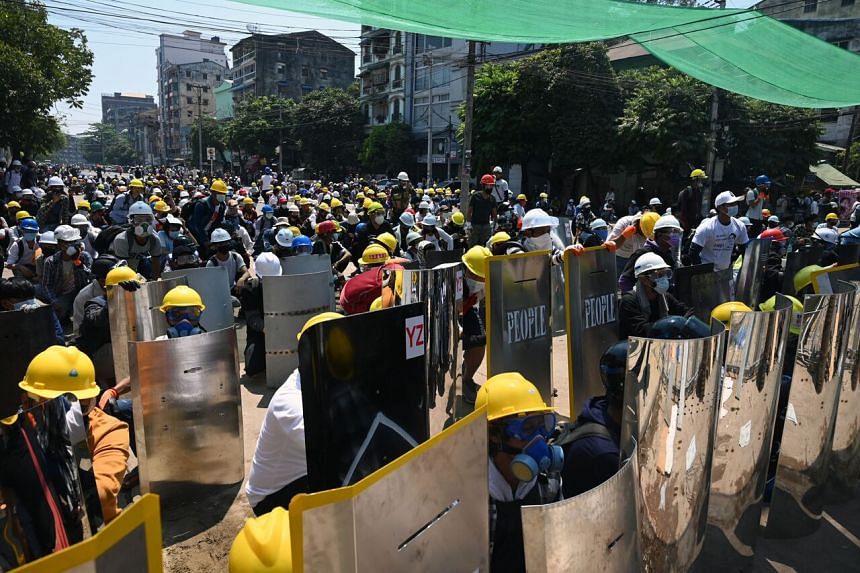
Two people were killed and several others injured when Myanmar police fired on protesters in the northern town of Myitkyina on Monday (March 8), witnesses said.
This was as shops, factories and banks were closed in Myanmar's biggest city Yangon on Monday (March 8), after major trade unions called for a shutdown of the economy as part of the uprising against the country's military rulers who had ousted the civilian government in a Feb 1 coup.
The alliance of nine unions said in a joint statement that they planned a "full extended shutdown" of the economy, adding that "the time to take action in defence of our democracy is now".
Police and military have killed more than 50 people to quell daily demonstrations and strikes against the Feb 1 coup, according to the United Nations last week.
An announcement by the military carried on the front page of the State-run Global New Light of Myanmar newspaper on Monday threatened unspecified "action" against anyone who directly or indirectly works for a committee of ousted lawmakers that has declared itself the country's legitimate authority. The announcement said the committee was illegal and had committed "high treason".
Read also:
Australia halts defence ties with Myanmar, redirects aid
Asean, once again, don't look away: Inquirer columnists
China willing to engage Myanmar to ease tensions: China foreign minister
US-China rivalry extending to space
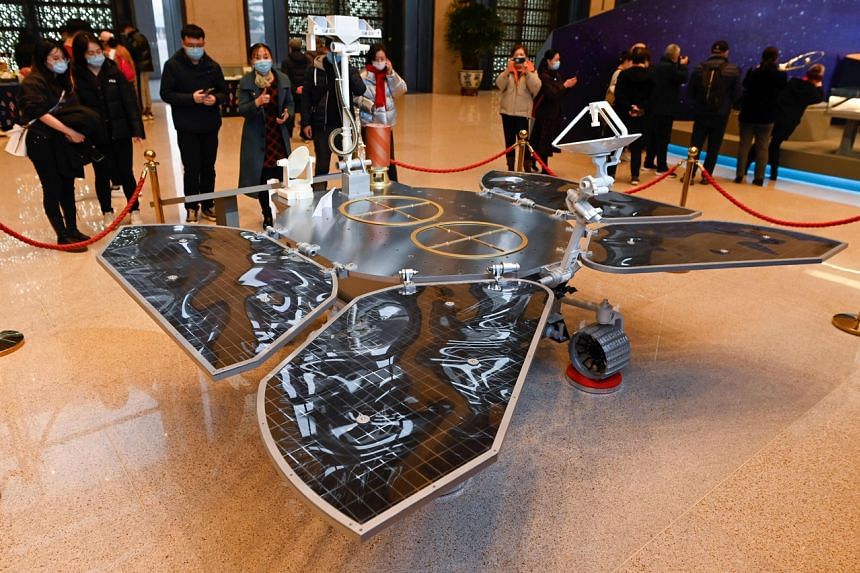
Last month, among three spacecraft that reached Mars were the Tianwen-1 of China and the Perseverance of the United States. Although both missions are scientific in nature - Perseverance is hunting for signs of microbial life while Tianwen-1 is searching for subsurface water - the news of both spacecraft arriving in quick succession has sparked talk of a geopolitical contest, writes China correspondent Danson Cheong.
For China, this mission is its first to Mars and its success will be a boost to its ambitions to be a leading space power. But it is these ambitions that have caught the attention of Washington, whose officials increasingly see the cosmos as the next frontier for competition with China.
What is worrisome is how China sees its space programme, which is run entirely by its military unlike the US' which has separate civilian and military space programmes. Chinese military thinkers see space as a domain of competition which China must dominate to ensure its security.
See also:
Nasa's astrobiology rover Perseverance makes historic Mars landing
China's Mars probe sends back video of red planet
US disrupting security in South China Sea, says Chinese foreign minister

China's top diplomat has accused the United States and other Western nations of disrupting regional stability in the South China Sea, even as he urged South-east Asian countries to "press ahead" with the negotiations on a code to manage maritime and territorial disputes in the contested waters. In a wide-ranging annual press conference on Sunday (March 7), Chinese Foreign Minister Wang Yi repeatedly warned the US against interfering in its domestic affairs, although he also held out an olive branch to the new administration of President Joe Biden, calling for dialogue and cooperation, reported China bureau chief Tan Dawn Wei and China correspondent Danson Cheong.
Bilateral relations sank to a historic low under the previous Donald Trump administration, with both sides engaged in disputes on issues including trade, technology, the pandemic and Taiwan. The new Biden administration has indicated that it will continue to be tough on China and may not roll back certain sanctions introduced by the previous president.
The US and its allies such as Australia and Britain have conducted frequent freedom of navigation operations in the South China Sea in a bid to challenge China's territorial claims that overlap with those of Malaysia, Vietnam, Brunei, the Philippines and Taiwan.
Read also:
China state media says Biden's early policy 'smacks of Trumpism'
Indonesia eases rules to attract foreign investment
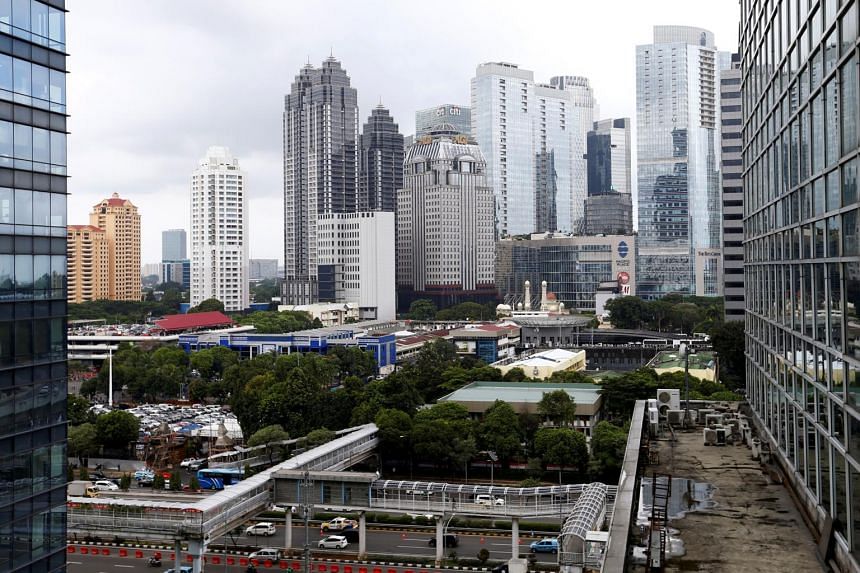
The Indonesian government has laid down the ground rules for its new law on job creation, widely seen as an ambitious regulatory reform to lure foreign investments and stimulate the pandemic-hit economy, reports regional correspondent Arlina Arshad.
President Joko Widodo signed 49 "implementing rules" last month to provide officials with specific details on how the law would be applied in practice and guide businesses on how they should operate. He had signed two others late last year, soon after the law was passed on Oct 5 amid violent nationwide protests over workers' rights and environmental concerns.
The legislation, commonly known as the "omnibus law", aims to synchronise more than 70 overlapping labour, tax and other key laws deemed unfavourable to businesses and investors. Under more simplified processes, businesses considered low-risk need only have an identity number instead of a full licence to operate.
Analysts say the job creation law is not only important to investors, but also to the president to secure his legacy in his second and final term in office and to realise his vision to transform Indonesia into one of the world's top five economies by 2045.
Read also:
Singapore investors welcome Indonesia's new Omnibus Law
Indonesia issues 'priority' investment list under new regulation
Cambodia's dwindling fish stocks and its stressed rivers
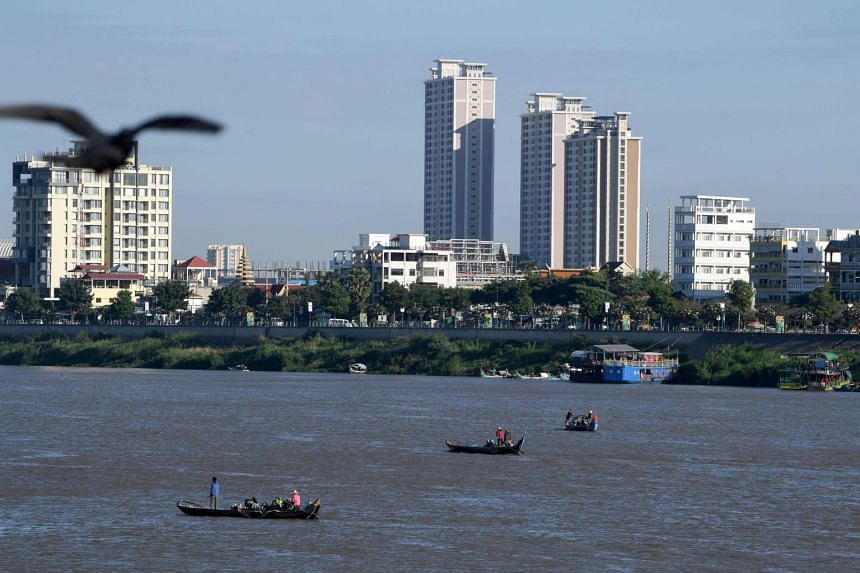
Fishermen on Cambodia's Tonle Sap River are having drastically reduced catches, with 57-year-old Mr Tin Yusos often hauling in just over 1kg of fish a day compared with the 30kg a day of the past. Experts blame hydropower projects, sand mining, deforestation, wetland conversion and climate change for dramatic drops in water levels in the region's rivers, severely disrupting fishing and threatening food supplies for millions.
The Mekong typically swells in the rainy season where it converges with the Tonle Sap River, causing an unusual reversed flow into the Tonle Sap Lake, filling it up and providing bountiful fish stocks. But in recent years, the flows to South-east Asia's largest lake have at times been delayed, a factor blamed on drought and hydropower dams upstream on the Mekong.
Whether or not China's 11 dams are harming downstream countries dependent on the 4,350km river has become a geopolitical issue, with the United States urging Lower Mekong nations like Thailand, Vietnam and Cambodia to demand answers.
Read also:
Cambodia's giant life-giving Tonle Sap lake in peril
In other news
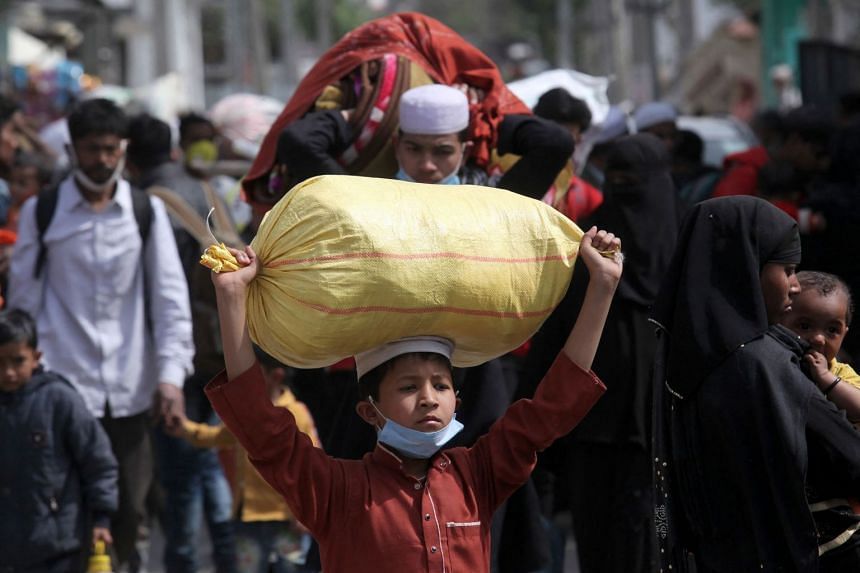
Rohingya's deportation fears: Indian police have detained more than 150 Rohingya refugees found living illegally in the northern region of Jammu and Kashmir and a process has begun to deport them back to Myanmar, two officials said on Sunday (March 7). This has sparked concern among Rohingyas living in Jammu over the threat of deportation.
HK's electoral reforms: Hong Kong leader Carrie Lam said on Monday (March 8) that China's planned changes to the city's electoral system will improve its ability to govern itself but that this could further delay the Legislative Council election that had been postponed from last September for a year.
That's all for today, thank you for reading. We will be back tomorrow.
Goh Sui Noi

